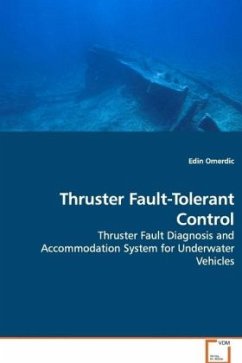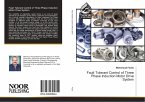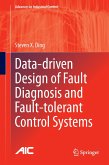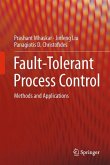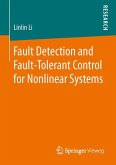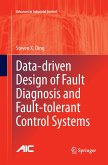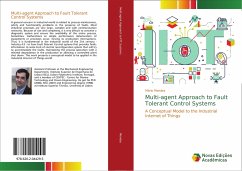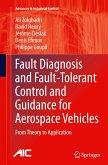Remotely operated underwater vehicles are used for
different tasks (survey, exploration, salvage etc.).
However, these vehicles are liable to faults or
failures during missions. Thrusters are one of the
most common and most important sources of faults. In
all but the most trivial cases the existence of a
fault may lead to cancelling the mission. The
implication of small faults can be very expensive
(ship time is very costly) and time consuming. A
large number of underwater vehicles represent
overactuated control systems, i.e. they have four or
more horizontal thrusters for the motion in the
horizontal plane in three DOF (surge, sway and yaw).
For this class of vehicle this book introduces a
novel thruster Fault Diagnosis and Accommodation
System (FDAS), with the ability of automatic thruster
fault detection and accommodation. It shows you how,
in the case of a partial or total fault in a
thruster, to reconfigure the control system in an
optimal manner, in order to maintain a high level of
manoeuvrability of the faulty vehicle and complete
the mission. With this book you get all you need to
enhance your existing ROV control system with
thruster fault-tolerant capabilities.
different tasks (survey, exploration, salvage etc.).
However, these vehicles are liable to faults or
failures during missions. Thrusters are one of the
most common and most important sources of faults. In
all but the most trivial cases the existence of a
fault may lead to cancelling the mission. The
implication of small faults can be very expensive
(ship time is very costly) and time consuming. A
large number of underwater vehicles represent
overactuated control systems, i.e. they have four or
more horizontal thrusters for the motion in the
horizontal plane in three DOF (surge, sway and yaw).
For this class of vehicle this book introduces a
novel thruster Fault Diagnosis and Accommodation
System (FDAS), with the ability of automatic thruster
fault detection and accommodation. It shows you how,
in the case of a partial or total fault in a
thruster, to reconfigure the control system in an
optimal manner, in order to maintain a high level of
manoeuvrability of the faulty vehicle and complete
the mission. With this book you get all you need to
enhance your existing ROV control system with
thruster fault-tolerant capabilities.

